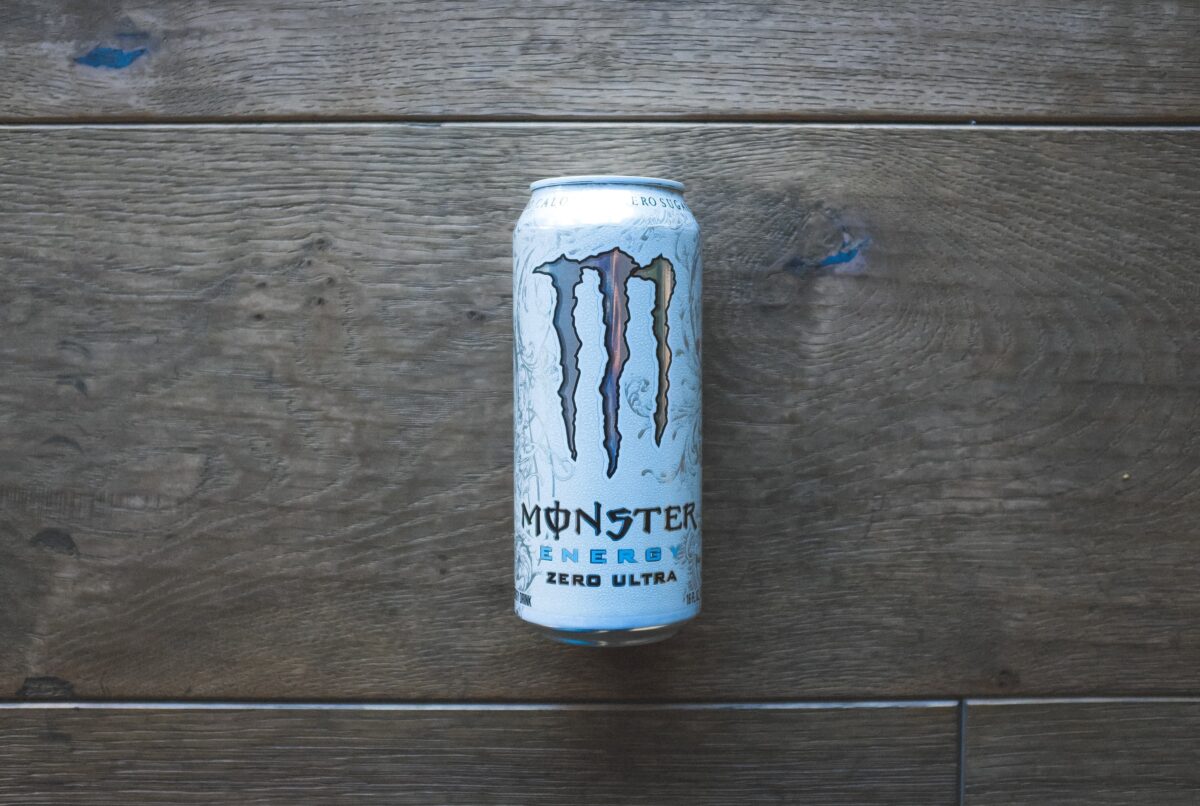Inseco, which manages the southern hemisphere’s largest insect protein plant, announced that it had raised $5.3 million in South Africa’s largest ever startup seed fundraising round.
Futuregrowth Asset Management, E4E Africa, and Oak Drive Ventures all contributed, according to Inseco.
Inseco is a 10,000 square meter (108,000 square foot) business in Cape Town that produces 100 tons of insect oil and meal per month from the larvae of the black soldier fly, known as maggots. Insect products are abundant in nutrients and are viewed as a climate-friendly way of feeding farmed fish, poultry, and pets because the maggots are fed with waste.
Fly eggs are created at Inseco’s facility and then transferred to where the waste is generated, either as a byproduct of the food manufacturing process or as “canteen waste” from restaurants. While the latter is legal in South Africa, it is not permitted in the European Union for the production of poultry and aquaculture feed. Inseco intends to begin exporting to the European Union and the United States in the second quarter.
We are finding a new home for food products that would have been otherwise destined for landfill, Simon Hazell, Inseco’s chief executive officer, said in an interview.
The meal is used to complement fishmeal, which is manufactured from small fish collected in the sea, and is used to feed poultry and fish, according to Hazell. Insect protein boosts growth and also strengthens the immune system, according to Hazell.
SweepSouth, Africa’s largest online home-services platform, is one of the firms that Futuregrowth, South Africa’s largest specialized fixed-income investor, has invested in.
Inseco competes globally with companies such as Protix BV of the Netherlands, Ynsect SAS and Innova Feed of France, Enterra Feed Corp of Canada, and EnviroFlight LLC of the United States.
By 2030, the business expects a 500,000 ton market for insect protein, as well as a $38 billion global pet food market.




